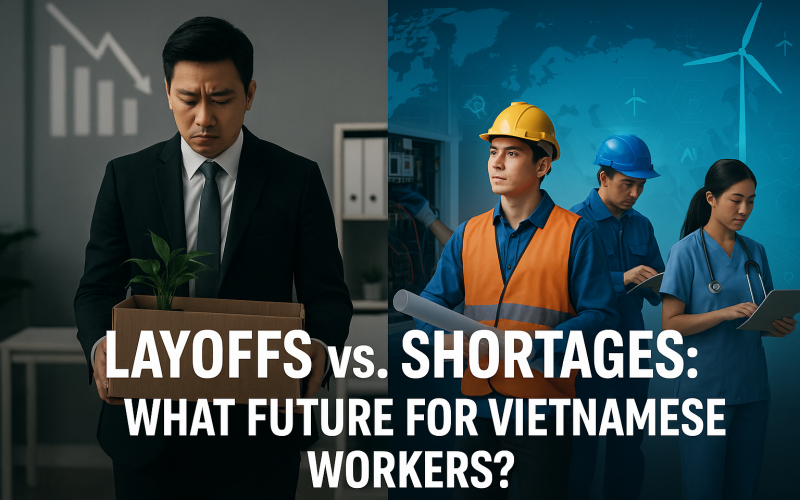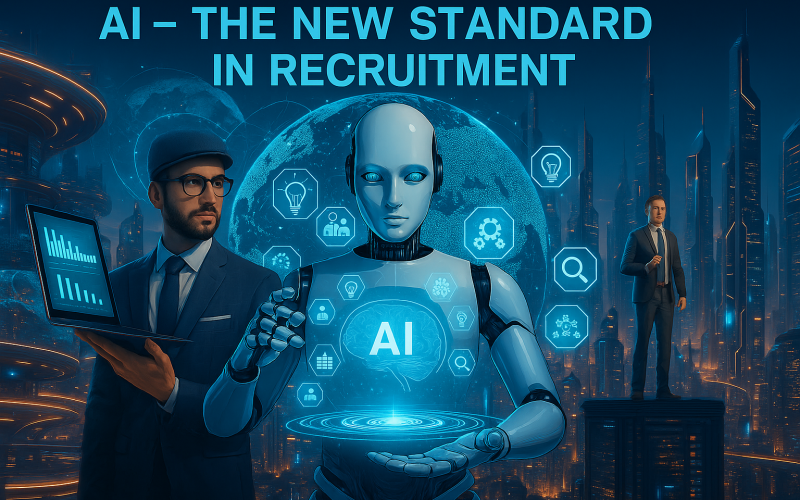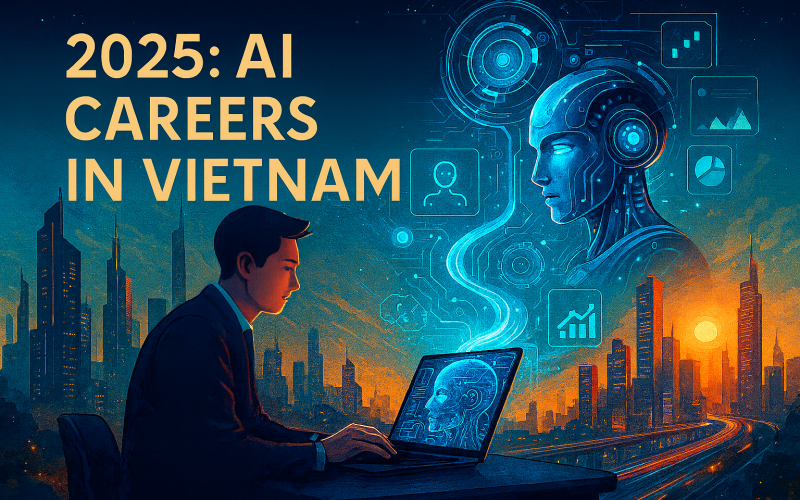Recruitment and Human Resource Management for Gen Z
Ho Chi Minh City – Generation Z (born between 1997 and 2012) is gradually becoming the core workforce in Vietnam. By 2025, this group is projected to make up nearly one-third of the national labor force. With characteristics tied closely to technology, a preference for flexibility, and a strong desire for meaningful work, Gen Z presents both opportunities and challenges for employers.
Recruiting Gen Z: More than just salary, it’s about experience
A survey by Dreamplex shows that 44% of Gen Z are excited about learning new skills, while only 21% place salary as their top priority when starting a job. This highlights a significant difference from previous generations: Gen Z seeks jobs that offer personal growth and development, rather than just stable income.
Recruitment strategies for Gen Z, therefore, must change. Instead of lengthy job postings, they prefer short videos, livestream Q&A sessions, and clear infographics. More importantly, the recruitment process must be quick, transparent, and provide timely feedback. A study in the tech industry also indicates that clear job descriptions have a positive impact on employee engagement and help reduce early turnover.
HR Management: Flexibility, transparency, and meaningfulness
Attracting Gen Z is one challenge; retaining them is an even greater one. Research shows that Gen Z stays in a job for an average of 2.2 years, much shorter compared to Millennials (3.2 years) and Gen X (4.3 years).
To reduce turnover, HR experts recommend focusing on three key factors:
- Flexible working environment: 69.8% of Gen Z in Vietnam prefer a hybrid model, combining remote work with office presence, rather than being bound by rigid office hours.
- Career development: Gen Z expects clear career paths, opportunities for upskilling, and mentoring.
- Social values: A Manpower report reveals that 85% of young workers consider corporate social responsibility (ESG) when choosing an employer. For Gen Z, a company that demonstrates responsibility to the community is often more attractive than financial benefits alone.
Businesses must adapt their approach
In reality, some major tech corporations in Vietnam have already embraced this trend. VNG and Shopee, for instance, have strengthened internship programs, promoted open work environments, and enhanced community engagement activities to reinforce their image as “workplaces for Gen Z.” According to experts, the key to success lies in treating Gen Z not just as “employees” but as partners in collaboration. Companies need to invest in recruitment experiences, transparent management, and meaningful work environments.
Gen Z is not overly demanding – they simply require alignment with the modern context. If recruitment remains traditional and management is top-down, businesses risk losing young talent. On the other hand, if companies create meaningful jobs, flexible environments, and clear development paths, Gen Z will become the cornerstone for sustainable growth in the coming decade.












